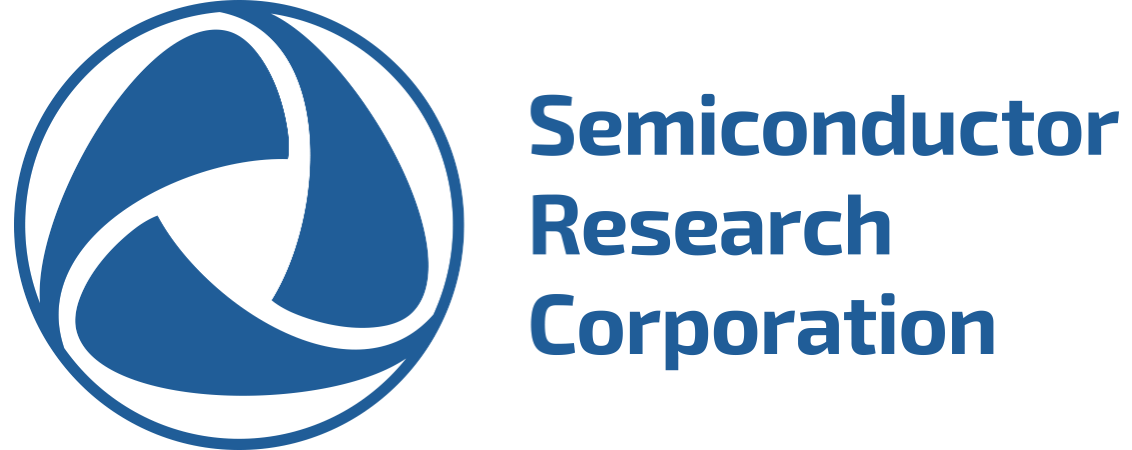Student Handbook
Resume and Interviewing Best Practices
These tips and best practices were provide by SRC member companies.
Cover Letter
- Target a hiring manager at the company. Don't send a general application to the company HR department.
- Target a job at specific business unit.
- Highlight key personal attributes (skills, background) that are further detailed in your resume.
- Mention contacts at the company (if any) or interactions with a hiring manager.
- Express strong passion for wanting the job and employment at the company. A best practice is to target a known job opening at the company, which may require some research.
- Cover letter should be proofed for spelling and grammatical errors and should be reviewed by someone fluent in English.
Resume
- Limit length to one or two pages
- Objective statement should include the job sought and reference company need or job opening if possible. Include a brief outline about why the candidate is ideal for the job.
- Availability (if not immediate)
- Education with GPA
- Special skills and areas of expertise
- Directly related experience; outline positions held and responsibilities
- Industry
- Academic
- Internships
- Statement of number of patents and publications; furnish description only on request
- Honors, awards and professional affiliations
- References to include academic, or prior supervisors with name and title
- Nationality and/or visa status
- List of keywords that highlight area of expertise
- Resume should be proofed for spelling and grammatical errors and should be reviewed by someone fluent in English.
Interviewing
The most successful candidates can emphasize their excellence without being prompted. One GRC member company's development organization ranks each candidate on four key attributes.
- Technical competence - (judged during one-on-one interviews and formal technical presentations)
- Ability to work in a team
- Leadership potential - (evidenced by technical and non-technical examples)
- Overall fit with specific company
Successful candidates also come with some knowledge of the company, the group doing the interviewing, and the job opportunity. Contact Liaisons to help prepare for this if possible. Other important evaluation areas include (not rank ordered):
- Communication skills
- Drive and work ethic
- Energy level
- Motivation
- Self discipline
- Personality
- Planning and organizational ability
- Analytical aptitude
- Interpersonal relations
- Awareness
- Aggressiveness
- Maturity
- Tact
- Tough-mindedness
- Appearance


 SRC.org Links
SRC.org Links